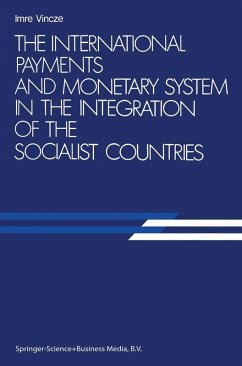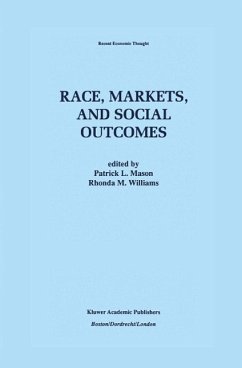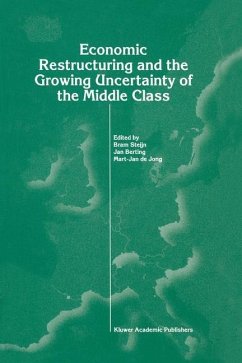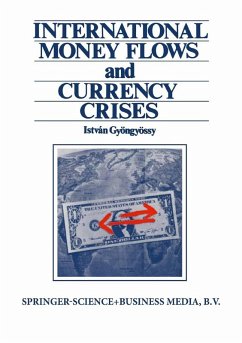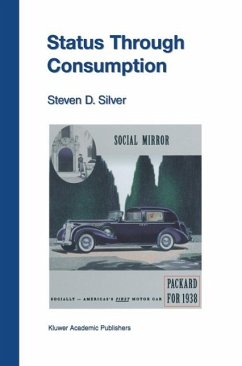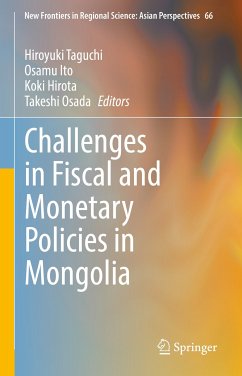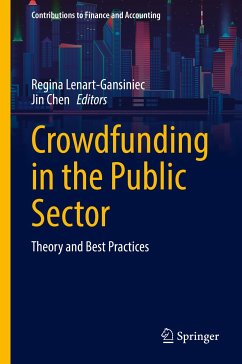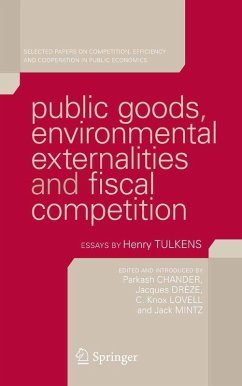
Intergovernmental Fiscal Relations (eBook, PDF)
Versandkostenfrei!
Sofort per Download lieferbar
160,95 €
inkl. MwSt.
Weitere Ausgaben:

PAYBACK Punkte
80 °P sammeln!
The main objective of this book is to restate the important theories and evidence from economic analysis concerning intergovernmental fiscal issues. More importantly, the second objective of the book is to identify gaps in knowledge, empirical uncertainties, and missing theoretical structures and then to establish a preliminary agenda for new research on this topic. The book is organized in two sections. The first covers the core body of intergovernmental fiscal relations, including optimal size for jurisdictions and assignment of public sector functions, the formulation and execution of tax p...
The main objective of this book is to restate the important theories and evidence from economic analysis concerning intergovernmental fiscal issues. More importantly, the second objective of the book is to identify gaps in knowledge, empirical uncertainties, and missing theoretical structures and then to establish a preliminary agenda for new research on this topic. The book is organized in two sections. The first covers the core body of intergovernmental fiscal relations, including optimal size for jurisdictions and assignment of public sector functions, the formulation and execution of tax policy in an intergovernmental setting, and the appropriate structure and use of intergovernmental transfers. In the second section, the core knowledge is applied to four major policy areas: education, welfare, fiscal interaction in urban areas, and economic development. In thinking about a new research agenda, the authors call for more current and authoritative estimates of fiscal incidence, including interjurisdictional spillovers, for more fundamental research about the federation process and effects of consolidation, for new evidence about the long run, general equilibrium effects of interjurisdictional competition, and for basic research about the choice process and establishment of intergovernmental fiscal institutions and policies by federal and subnational governments.
Dieser Download kann aus rechtlichen Gründen nur mit Rechnungsadresse in A, B, BG, CY, CZ, D, DK, EW, E, FIN, F, GR, HR, H, IRL, I, LT, L, LR, M, NL, PL, P, R, S, SLO, SK ausgeliefert werden.




